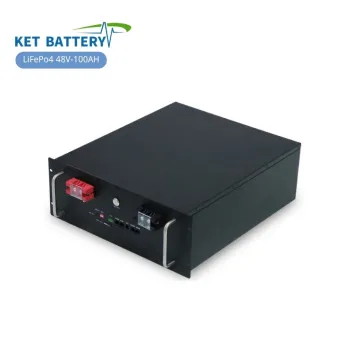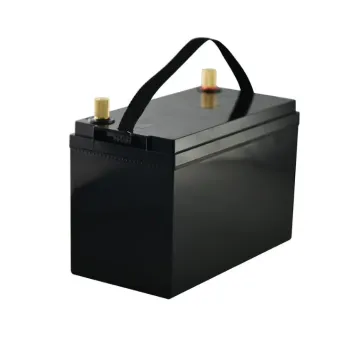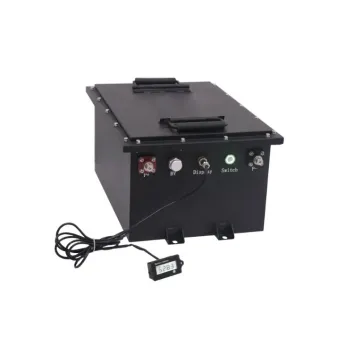How to Tell if a Golf Cart Battery is Damaged | KET
The initial step in this odyssey is to unravel the enigma of your golf cart's essence. This revelation is pivotal, for it unveils the quantity and variant of batteries that pulse within its mechanical heart.
Gas golf carts, akin to their automotive brethren, typically require a solitary starting battery.
Conversely, electric golf carts, a more intricate beast, demand multiple deep cycle batteries for their lifeblood.
The electric variants parade in a cavalcade of 36V, 48V, and 72V, each with its distinct thirst for voltage.
Lead-acid batteries for these carts present themselves in 6V, 8V, and 12V incarnations, while the lithium ilk boast 36V and 48V options.
An average electric chariot harbors four to six batteries, though certain breeds may house a staggering twelve.
As a battery wanes, nearing its twilight, telltale signs of decline emerge:
A lingering charge time, stretching into the horizon.
A diminishing lifespan, a shadow of its former glory.
Acceleration, once sprightly, now lethargic.
Manifestations of leakage, or a bulging carcass—a battery in distress, pleading for immediate replacement.
To delve deeper, wielding a multimeter is your next gambit. While gas carts, with their lone battery, present a straightforward puzzle, their electric counterparts are a maze of complexity. A multimeter in hand, prepare to embark on a meticulous inspection:
Inhale the fresh breeze of a well-ventilated space—batteries can exude noxious whispers during their examination.
Adorn your protective armor—glasses, a face shield, and gloves.
Bestow upon your batteries a full charge, then sever their ties with both charger and cart, granting them an hour's respite.
Awaken your multimeter.
Set its gaze to "Voltage" mode.
Forge a connection between the multimeter's tendrils and the battery's terminals—the red to positive, the black to negative.
Interpret the voltage's tale.
What whispers should a fully charged 12-volt battery confide?
12.7 volts or above, a sign of vigor.
Around 12 volts or below, an omen of impending doom.
For those seeking an alternative rite, the hydrometer beckons. Though KET's adepts may perform this ritual, you too can embark on this journey:
Ventilation, once again, is your ally.
Arm yourself with protective gear.
The hydrometer is a creature of selectivity, favoring only the flooded (wet) cells, shunning AGM and other sealed brethren.
Commence with a fully charged battery.
Refrain from haste—water added to the battery yearns for time to meld with the electrolytes.
Expose the cells by lifting their veil.
The hydrometer, now a syringe, yearns for a taste of the electrolyte—allow it a sip, but a modest one.
Hold the hydrometer aloft, as a pillar, ensuring the float's freedom from the cylinder's embrace.
Probe each cell, documenting their confessions.
Observe the specific gravity, the soul of the electrolyte—1.275 - 1.280 in a battery brimming with life, 1.140 in one devoid of charge. A disparity of 50 points between any two cells is a harbinger of trouble within the lower-reading cell.
For AGM batteries, laden with their secret electrolyte, a load test is the key to their innermost secrets. Alas, this requires instruments of a specialized nature. KET, however, offers a simpler path—entrust your battery to their care for a capacity test. Patience is a virtue here, as this ritual unfolds over 20 hours.
Batteries, like all things, can succumb to the ravages of time and circumstance:
Age takes its toll—a battery's zenith spans four to six years.
Overcharging is a silent assassin.
Compatibility—a charger must resonate with both the battery's voltage and its chemical essence.
Low fluid levels, a harbinger of sulfation, obstructing the current's flow.
Corrosion, a nefarious interloper, spurred by acid vapors or low electrolyte levels.
Improper maintenance—a battery neglected is a battery diminished.
The whims of temperature—extreme heat or cold, accelerating chemical reactions, sowing the seeds of demise.
Storage in inhospitable realms—a dry, ventilated sanctuary is imperative for batteries in repose.
In the tapestry of golf cart battery stewardship, understanding weaves alongside proper use, charging, and maintenance, threads crucial for longevity. Should shadows of doubt creep upon you, timely inspection and testing may unveil whether a battery's chapter has concluded. Heed the scribe's wisdom—the manufacturer's script, etched with instructions and recommendations, a beacon guiding you towards optimal performance and an enduring legacy. In times of need, let not hesitation take hold—a sanctuary of expertise awaits within the halls of professional golf cart shops and battery suppliers, ready to extend their guidance and services.
.jpg)
Read More

Read More

Read More

Read More